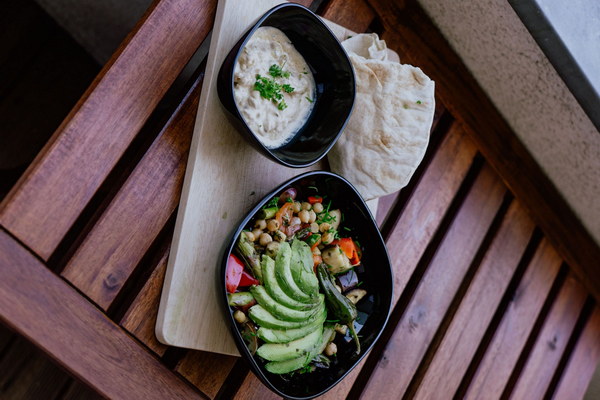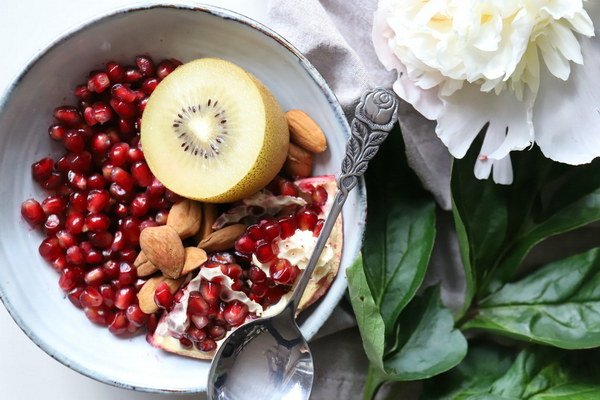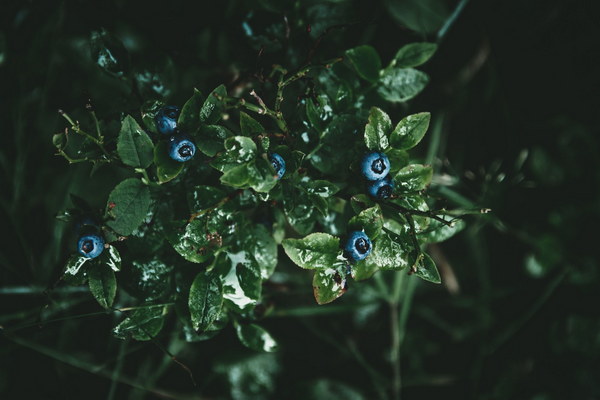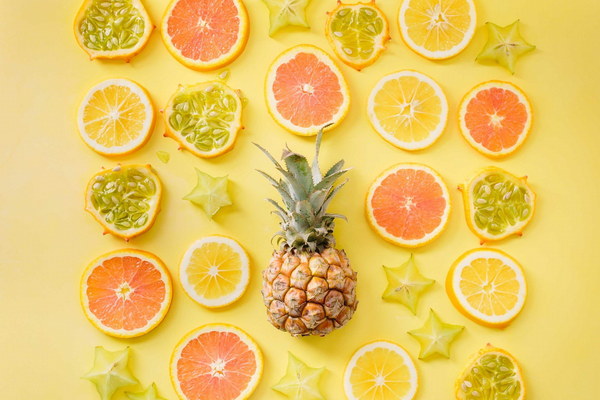Unveiling the Secrets Top Chinese Herbs for Extinguishing Dampness
In traditional Chinese medicine, the concept of dampness is believed to be a common underlying cause of various health issues, such as fatigue, weight gain, and joint pain. To combat this, practitioners often recommend a blend of specific herbs that are known for their drying properties. Here, we delve into some of the most effective Chinese herbs used to expel dampness and bring balance back to the body.
1. Atractylodes Macrocephala (Cang Zhu)
Atractylodes macrocephala, also known as cang zhu, is one of the most renowned herbs for expelling dampness. It is often used to treat conditions where dampness is associated with a feeling of heaviness, fatigue, or fluid retention. This herb is also believed to aid digestion and improve appetite, making it a staple in formulas for dampness-related digestive issues.
2. Poria (Fu Ling)
Poria, or fu ling, is a versatile herb that is highly effective in removing dampness from the body. It is often combined with other drying herbs to enhance its therapeutic effects. Poria is also used to support kidney function and is believed to help in the treatment of urinary tract infections and kidney stones.
3. Alisma Orientalis (Ze Xie)
Alisma orientalis, or ze xie, is another herb commonly used to expel dampness. It is particularly effective for dampness associated with edema, such as swelling in the legs or abdomen. Ze xie is also known for its diuretic properties, helping to flush out excess fluid from the body.
4. Cinnamon (Rou Gui)
While cinnamon is more commonly known for its aromatic properties and use in cooking, it also has drying effects in traditional Chinese medicine. Rou gui, or cinnamon bark, is used to treat dampness with coldness, which can manifest as a feeling of coldness in the limbs, joints, or abdomen.
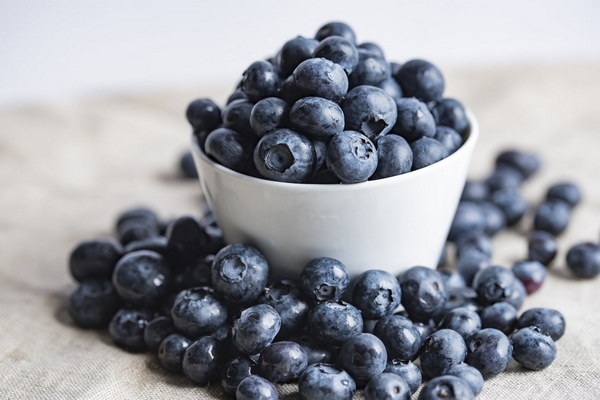
5. Hoelen (Chuan Bei Mu)
Hoelen, or chuan bei mu, is a mushroom that has been used in Chinese medicine for centuries. It is highly effective in draining dampness and clearing heat from the body. This herb is often used in conjunction with other drying herbs to treat damp-heat conditions, such as skin rashes or acne.
6. Angelica Sinensis (Dang Gui)
Angelica sinensis, or dang gui, is a well-known herb for nourishing blood, but it also has drying properties that make it suitable for dampness-related conditions. Dampness can sometimes lead to blood stagnation, and dang gui is used to both dry up the dampness and promote blood circulation.
7. Astragalus (Huang Qi)
Astragalus, or huang qi, is often thought of as a Qi tonifying herb, but it also has drying effects. In traditional Chinese medicine, huang qi is used to boost the immune system and support overall health while also helping to expel dampness.
Using Chinese Herbs for Dampness
When using Chinese herbs to expel dampness, it's important to consult with a qualified practitioner. They will be able to determine the best combination of herbs based on your individual constitution and specific symptoms. Herbs should be used under the guidance of a healthcare professional, as some may have contraindications or interactions with other medications.
In conclusion, Chinese medicine offers a wealth of natural remedies for dampness-related conditions. Herbs like cang zhu, fu ling, ze xie, rou gui, chuan bei mu, dang gui, and huang qi are just a few examples of the drying agents that can help restore balance and alleviate symptoms. Always seek professional advice before starting any new herbal treatment to ensure safety and efficacy.





